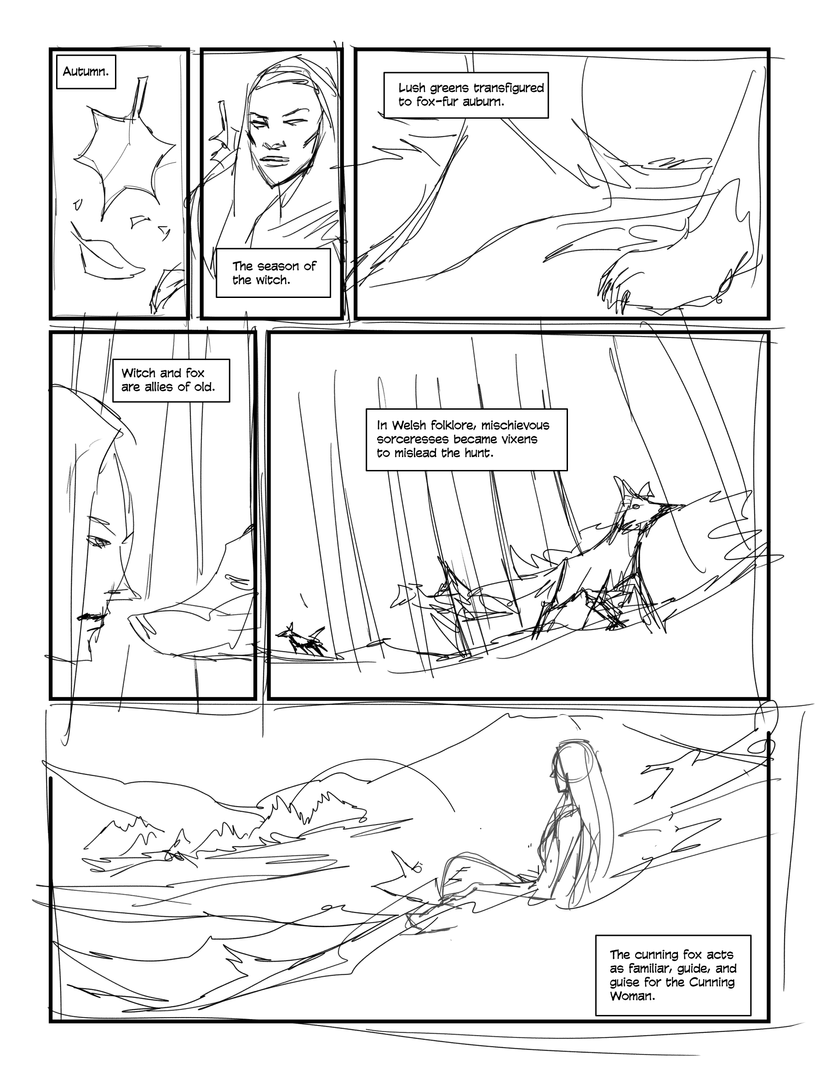To view this content, you must be a member of PJ's Patreon at $1 or more
Already a qualifying Patreon member? Refresh to access this content.
Notes from the drawing board
Started pencilling this one, and I kind of liked the texture, and I wanted an old penny dreadful feel to it anyway, and lo, we ended up with a pencilled page…
https://open.spotify.com/track/4cvlph4w9RGpSH8tf1c885?si=AoIFA2-aRQiggGxtTYVJmw
Here’s the pencils for this one
